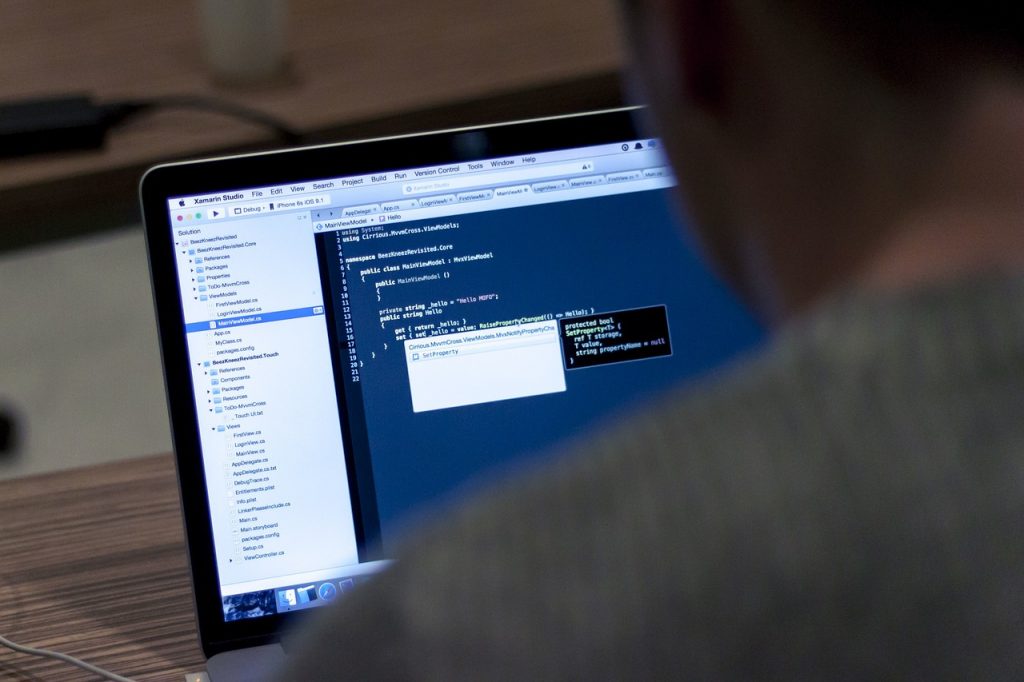At the beginning of a career in software development, it is not easy to decide which technology to choose for the present and the future. Beginners keep asking me: Which programming language has a future of programming, which is just a hype?
Which one should I choose?
Ultimately it is about personal preferences. Beginners should feel comfortable and have fun with their choice and the chosen environment. But you can ask the right questions and take aspects into account in order to approach your individual answer.
A rough approach to the programming language

The choice of a first language depends mainly on which projects might be of professional interest to you in the future. The language should therefore not be chosen because it is beginner-friendly, but according to the type of project, you would like to work on later. Do you want to build web pages (HTML, CSS, JavaScript), work in a data environment (Python, R) or develop embedded solutions (C++, C)?
Which programming language can do what?
Python is a programming language that can be understood almost at first glance and is the right choice if you want to work in the data area or in the web backend. Python is simple and has great possibilities, even without pedantic accuracy in syntax. Even after years, it is widespread.
C provides a very solid foundation that will help you learn other languages later. With C you learn how to program properly and see immediately how a program interacts with the hardware. The language requires a lot of discipline in programming and trains very well for the future of programming. C and the object-oriented variant C++ are widely used in the field of Internet of Things, 3D programming and game development and play a major role in the convergence of IT and engineering, for example in the field of machine controls and robotics.

